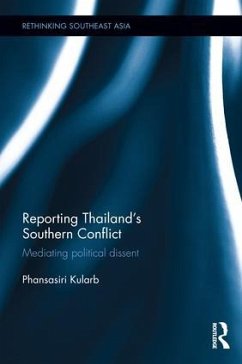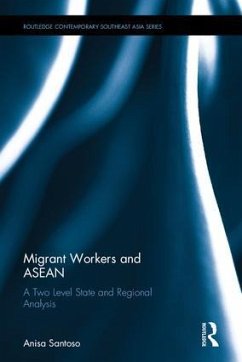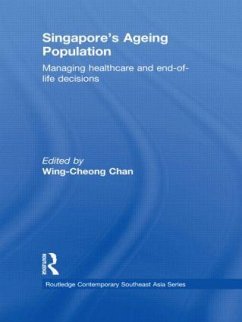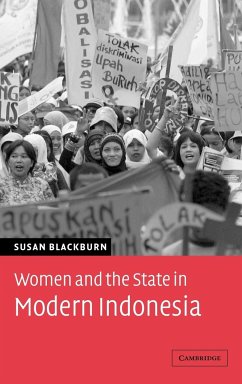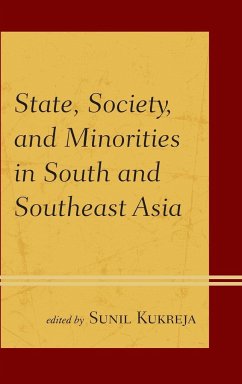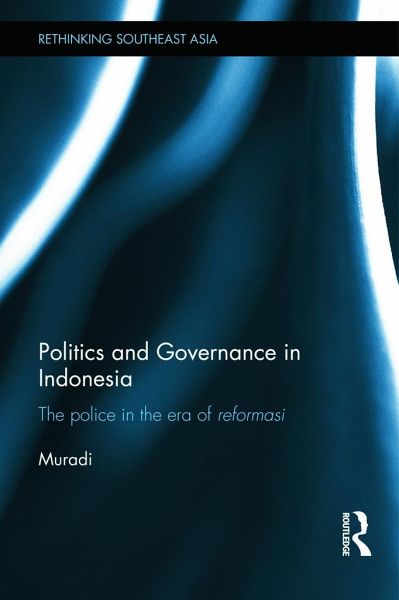
Politics and Governance in Indonesia
The Police in the Era of Reformasi
Versandkostenfrei!
Versandfertig in über 4 Wochen
121,99 €
inkl. MwSt.
Weitere Ausgaben:

PAYBACK Punkte
61 °P sammeln!
How does an authoritarian state reform its police force following a transition to democracy? In 1998, Indonesia, the third largest country in the world, faced just such a challenge. This book explains the changing position of the police in the post-Suharto era in Indonesia.It focuses on two key areas: the differences between local and national levels, and the politicization associated with decentralization. Arguing that the disassociation of the Indonesian National Police from the military has achieved only limited success, the book contends that there is continued impetus for the establishmen...
How does an authoritarian state reform its police force following a transition to democracy? In 1998, Indonesia, the third largest country in the world, faced just such a challenge. This book explains the changing position of the police in the post-Suharto era in Indonesia.It focuses on two key areas: the differences between local and national levels, and the politicization associated with decentralization. Arguing that the disassociation of the Indonesian National Police from the military has achieved only limited success, the book contends that there is continued impetus for the establishment of a professional police and modern and democratic policing, which will entail an effective public control on the police.




